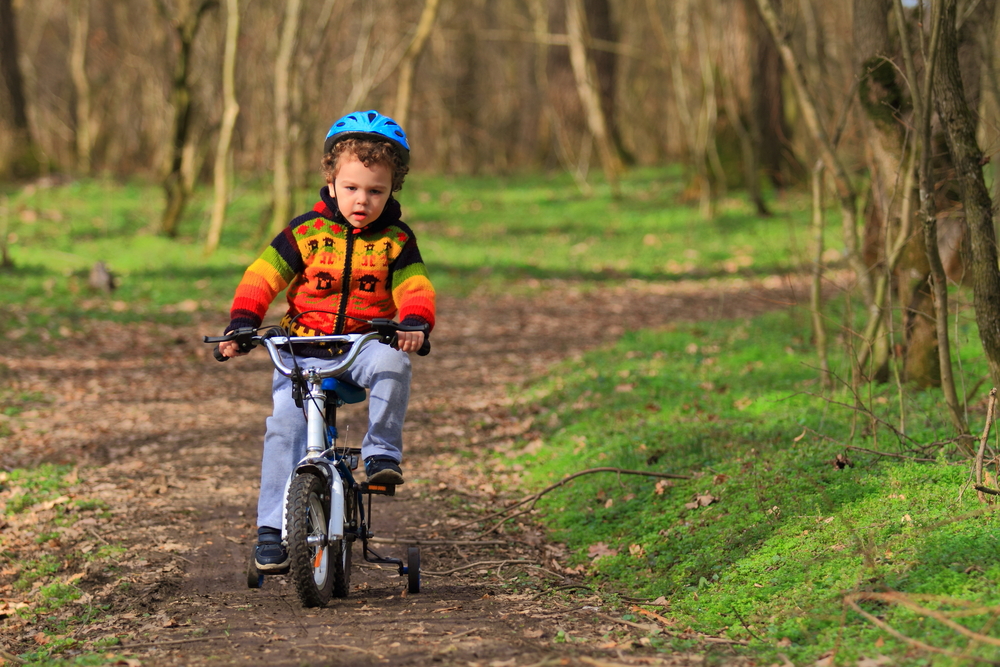More about the benefits of becoming an Old Person in Training, continued from Part 1.
In a world increasingly segregated by race and class as well as by age, reaching over those divisions to acknowledge the one path we’ll all travel is a radical act. It means ditching preconceptions, looking at and listening carefully to the olders around us, and re-envisioning our place among them. It means looking at older people and not past them, remembering they were once our age, seeing resilience alongside infirmity, allowing for sensuality and enlarging our notion of beauty. It means thoughtful peeks through the periscope of an open mind at the terrain we will someday inhabit.
Becoming an Old Person in Training does take imagination, however. In her book, A Long Bright Future: An Action Plan for a Lifetime of Happiness, Health, and Financial Security, psychologist Laura Carstensen describes the importance of generating realistic, humane visions of our future selves—what we’ll want to be doing and be capable of—and embarking on the tasks and changes and sacrifices that will get us there.
“If we can’t picture ourselves teaching, laughing, loving and contributing to society when we’re 90 and 100, then good luck is about the only thing that will get us there,” she writes.
As an Old Person in Training, I see the 90-year-old me as withered and teetery but also curious and content. Envisioning her won’t make it happen, but I sure can’t get there without the aspiration. It means working against the human tendency to underestimate how much we’ll change in the future. Rich, complex stories about the past tend to yield vague, prosaic projections of a future in which things stay pretty much the same. Maybe that’s because the unknown breeds unease, or because predicting the future is more difficult than reminiscing or because the task holds less appeal in a youth-centric society.
The consensus from people over 80 is that young people worry way too much about getting old, so the earlier we make this imaginative leap, the better. The sooner this lifelong process is stripped of reflexive dread, the better equipped we are to benefit from the countless ways in which it can enrich us.
Some people are born with this awareness and so have longer to develop the capacities that will serve them well later in life, capacities such as the ability to keep making new friends, to value internal resources and to be able to let go, says writer and medical sociologist Anne Karpf. She also notes [that] the values most admired in the industrialized world—high personal and economic productivity—do little to help us age. We would do both ourselves and the planet a favor, she observes, if we rejected those values for more humanitarian and communitarian ones.
Becoming an Old Person in Training makes it easier to think critically about what age means in this society and the forces at work behind depictions of older people as useless and pathetic. Shame can damage self-esteem and quality of life as much as externally imposed stereotyping. Becoming an Old Person in Training is a political act, because it derails this shame and self-loathing. It undoes the “otherness” that powers ageism (and racism and nationalism). It makes room for empathy and action. It robs the caricatures of crone and geezer of their power and frees us to become our full—our ageful—selves.
I may be jumping onto podiums instead of out of airplanes, but I’m not running away from aging. That sets me apart from the aspirational supergeezers—people who want to be part of the smattering of octogenarian CEOs, nonagenarian performers and centenarian diploma-earners. The media loves ’em, but placing them on pedestals distracts from the social and economic factors that shrink the worlds of most older and disabled people. My attitude also sets me apart from an awful lot of other “aging experts” who are invested in the opposite: a deficit model of aging (helping the frail and needy age).
We’re all Old People in Training, whether we know it yet or not, and our numbers will swell as we reject demeaning stereotypes and claim our aging selves.
Excerpted from This Chair Rocks: A Manifesto Against Ageism by Ashton Applewhite. Copyright © 2019 Ashton Applewhite. Reprinted with the permission of Celadon Books, a division of Macmillan Publishing, LLC.



